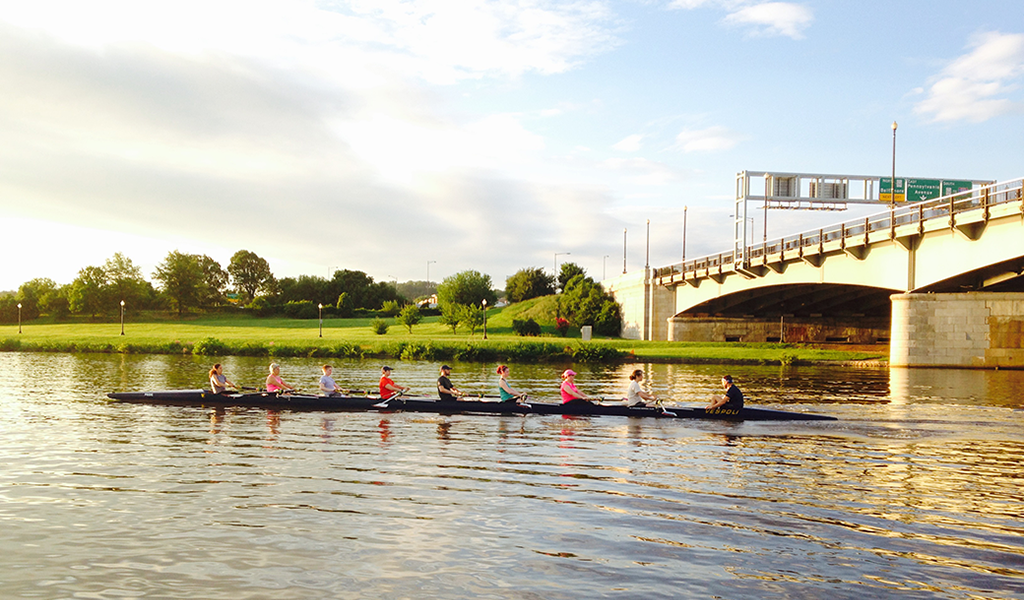4 Common Questions after a long Rowing hiatus
Once upon a time you were younger, more motivated, and willing to push your body through punishing workouts, laughing off the muscle soreness and doing it all again the next day. Then something happened. A job. A partner. A dog. Daily practices and weekend regattas became unthinkable and suddenly you stopped saying "I am a rower," and replaced it with "I was a rower..."
But let's say you're ready to get back into the boat and join a competitive masters program for some serious training and racing. If you're excited, but also anxious about "being ready," you aren't alone. I hear these questions all the time:
I've gained some weight since my heyday as a high school/collegiate rower and worry that I'm heavy compared to the other rowers. Am I going to be the slowest, or one of the slowest comparatively?
It depends. Both on you and the program you're joining. Are there erg test requirements to join the program? If so, can you meet those requirements? If not, go into the Spring sprint season knowing that the first few weeks just about every rower is shaking off winter cobwebs, carrying a few extra pounds around the middle, and building their aerobic base. Endurance is among the first things to go when we stop exercising, so you might not be the fastest on Day 1, but that doesn't mean you won't be the fastest three months into the season.
Blisters. I haven't had rowing callouses in years. I am worried about new blisters affecting my oar handling.
First of all - keep a loose grip on the oar to avoid blisters. That said, despite best intentions, lots of rowers get blisters early in the season on their way to building up callouses. After practice care for your blister and be sure to cover it as necessary for the next handful of practices until it's not so squishy and icky.
My new coach says everyone has to take a turn in the coxswain seat. I've got junk in the trunk and am scared I'll get stuck in the cox seat and not be able to move the rudder strings. And be horribly ashamed.
Talk with your coach about your concerns. They might suggest you sit on a couple of life jackets to prop you up over the gunwales. If this is the case, give it a go and if it's terribly uncomfortable, tell your coach at the end of practice. There's no need for you to get blood clots in your legs or spend the entire practice shifting around trying to get comfortable. It'll distract you from focusing on the task at hand, and likely cause set issues. Hopefully your coach will take these things into consideration in the future.
I haven't raced in years. I'm going to catch a crab in a race and everyone will hate me.
Everyone thinks this and it happens about .05% of the time. Understand how/when crabs happen: most crabs are a result of a release that isn't clean. Technique considerations to avoid catching crabs: support your layback, don't dig your blade, get a quick and meaningful tap down on your handle to release the blade, don't feather the blade until it's out of the water (duh).
Getting back into rowing after a long hiatus can be challenging. You'll have to readjust to the workouts, but you'll quickly find yourself looking forward to the next practice.

